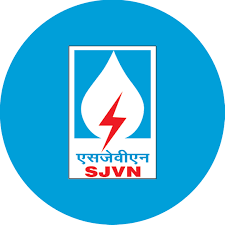On August 21, SJVN share price fell to an intraday low of ₹136.51 on the National Stock Exchange (NSE), a decline of 1.46 percent from the previous close. This drop followed Goldman Sachs’ reaffirmation of its ‘Sell’ recommendation for the state-owned hydropower company.
Goldman Sachs set a new target price of ₹85 per share for SJVN, an increase from their earlier target of ₹75 per share. The updated target indicates a potential downside of 38 percent from the current trading levels.
Goldman Sachs is one of only two analysts with a “sell” rating on SJVN stock, while three other analysts have given it a “buy” rating, and one has a “hold” recommendation.
The brokerage’s report highlights delays in the commissioning of SJVN’s 1,320 MW Thermal Power Plant in Buxar, with Unit-1 now expected to be operational by the end of FY 2025 and Unit-2 in FY 2026. Despite these delays, SJVN could benefit from positive developments, including new opportunities, successful execution in renewable projects, growth in the renewable energy sector, and reduced debt costs.
The company plans to raise ₹2,000 crore through its Green Energy Initial Public Offering (IPO). SJVN’s stock has been on a downward trend for the past three days, falling 4.3 percent over this period and trading below the 5-50 day moving averages.
In July, SJVN received a Letter of Intent (LoI) from the Government of Mizoram for the Darzo Lui Pumped Storage Project, which is estimated to cost ₹13,947.50 crore, including interest during construction and financing costs based on April 2023 prices.
For Q1FY25, SJVN reported a 31 percent year-on-year increase in consolidated net profit, reaching ₹357 crore, driven by higher income. Total income also rose by 29 percent year-on-year to ₹958.47 crore.
Disclaimer: We advises users to check with certified experts before taking any investment decisions.

